The mood of this season of the race for the White House is marked by one word: partisan. Take the 2020 State of the Union Address by President Donald J. Trump. Many instances revealed the partisanship of politics, but none were quite as revealing as when the President introduced a mother (Robin) and her two-year-old, Ellie Schneider, of Kansas City, MO. Ellie was born at just 21 weeks and six days, making her one of the youngest babies to survive in the United States. At their introduction, everyone present rose to their feet. The moment of solidarity was short-lived. The President soon highlighted the preciousness of life as he called for an end to late-term abortions, and the contrast was striking as half the room stood with erupting applause, and the other side remained seated and silent—strictly along party lines. As the speech progressed, the divide became all the more precise, ending with the Speaker of the House tearing the copy of the 45th President’s hand-delivered copy of the State of the Union address as the world watched. That moment solidified the collision of two different visions for America.
I am no political expert, I am a theologian in training. I am not a politician, I am a pastor. I am not a statesman, I am a churchman. And it broke my heart to be reminded of the denomination I love and serve when watching the partisanship of the most recent State of the Union.
I was first introduced to the divides in the SBC when I enrolled at The Southern Baptist Theological Seminary as a two-time graduate from Southeastern. At my first SBC meeting, one of my friends noticed the Southern lanyard and they inquired about the change (we were friends from Southeastern). He went on to say that he planned to attend a Founders event and joked, "I guess we can't be friends anymore." Because of my affiliation with Southern and his association with Founders, many in our family of Southern Baptists would assume that we were no longer compatible as friends.
In this political climate, some have pointed to civility as the missing virtue in our society. Back in 2002 Professor P.M. Fortney, who taught at Johns Hopkins University for many years, wrote a bestseller called Choosing Civility, The 25 Rules of Considerate Conduct. At the close of the last century and the opening of the next, Fortney spent much of his time lecturing across the country on the topic of civility. He was confident America would see the return of valuing this core virtue. But not a day goes by where some blog post, tweet, or feed is not inundated by rudeness.
The great need in the SBC is the same need in our society as a whole - civility. As believers, we have the certainty of civility - Jesus Christ. It was Jesus who laid the groundwork for civility by his own perfectly virtuous life. Jesus taught us, 'Do unto others as you would have them do unto you." Further, Jesus said to remove the plank out of your own eye before trying to remove the speck out of your neighbors, a stark reminder even as I type. Jesus was devoid of any selfish ambition and put the needs of others above his own.
Where should the world look for civility? Shouldn't it be us as Christians? Of all people, those who are the possessors of the eternal Spirit guaranteed by the blood of the eternal Son have the opportunity to remind the onlooking world of what we all possess, what the world needs - love, unity, and the blessed hope of eternity. Psalm 133:1 says, "Behold, how good and pleasant it is when brothers dwell in unity."
Furthermore, shouldn't it be Southern Baptists? We have decided to articulate our brotherhood, what unites us as Southern Baptists, in the Baptist Faith and Message (2000). The conservative Baptists in America are called Southern Baptists. The Conservative Resurgence was a defining moment for a generation in the life of the SBC. The Conservative Resurgence was a battle for the Bible. We speak a great deal about desiring to keep the gospel above all and desire to speak transcendent truth into our society, but brothers and sisters if we are not careful we will drift away from our ability to be a force for transcendence if we confess Jesus as Lord of all and yet practice partisanship. A recent glance at our behavior says we are more prone to the moral breakdown in our society than we realize. Jesus demands more.
The world is looking to see the way we love. Prayerfully they will see a clear gospel picture of Jesus, not partisanship.
Photo by João Marcelo Martins on Unsplash

